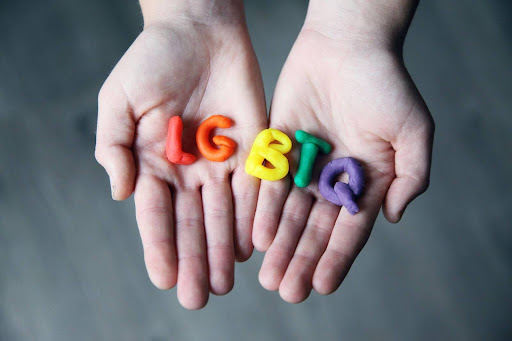In today’s society, the complexity of relationships often requires more than just good intentions to navigate. Whether it’s the intimate partnership of marriage or the diverse dynamics within LGBTQ relationships, specialized counseling can offer profound benefits. By exploring services like LGBTQ Therapy and marriage counseling, individuals and couples can find tailored support that fosters deeper understanding and stronger bonds.
The Importance of LGBTQ Therapy
LGBTQ individuals often face unique challenges that can impact their mental health and relationship dynamics. From dealing with societal prejudices and discrimination to navigating personal identity and self-acceptance, the hurdles are significant. LGBTQ Therapy, a specialized form of counseling, is designed to address these unique challenges. It provides a safe space for individuals and couples within the LGBTQ community to explore their feelings, relationships, and identities in a supportive environment.
Encircle Together, an organization dedicated to offering such services focuses on empowering LGBTQ individuals through therapy that respects and understands the specific needs of the community. This type of therapy is not just about coping with external pressures; it’s also about enriching the internal lives of individuals, helping them to thrive in their personal and shared journeys.
The Role of Marriage Counseling
Marriage counselling, another specialized form of therapy, addresses the complexities and challenges faced by couples, irrespective of their sexual orientation. It’s a therapeutic approach that helps couples understand and resolve conflicts, improving their relationship dynamics. This type of counseling can cover a range of issues from communication problems and sexual dissatisfaction to infidelity and differences in parenting styles.
Services like those offered by Michael Leahy Counselling provide couples with the tools and insights needed to develop healthier relationships. Through marriage counseling, partners learn to communicate more effectively, negotiate differences, and understand each other’s needs deeply. This not only helps in resolving current conflicts but also in preventing future ones, laying a foundation for a stronger, more enduring relationship.
Combining LGBTQ Therapy and Marriage Counseling
For LGBTQ couples, the combination of LGBTQ therapy and marriage counseling can be particularly beneficial. This integrated approach takes into account the unique societal challenges that these couples may face, such as discrimination or family acceptance, while also focusing on the universal aspects of relationship building and maintenance.
By attending specialized counseling sessions, LGBTQ couples can gain insights into how their identities as individuals and as a couple interact with the broader societal context. This dual approach ensures that all aspects of their relationship are supported, promoting a healthy, sustainable union.
Benefits of Specialized Counseling
The benefits of engaging in specialized counseling like LGBTQ Therapy and marriage counseling are manifold. These include:
- Improved Communication: Counseling provides couples and individuals with the tools to express their thoughts and feelings effectively, reducing misunderstandings and fostering empathy.
- Enhanced Understanding: Specialized therapies help participants understand their own behaviors and those of others, which can demystify complex emotions and reactions within relationships.
- Emotional Support: Having a dedicated space to discuss issues and concerns with a neutral third party can provide significant emotional relief and a sense of being understood and supported.
- Conflict Resolution: Therapists can help couples and individuals develop strategies to resolve conflicts constructively, without damaging the relationship.
Conclusion
Whether it’s the tailored support offered by LGBTQ therapy or the relationship-enhancing techniques of marriage counseling, specialized counseling services play a crucial role in helping individuals and couples navigate the complexities of their relationships. By addressing both unique and common challenges, these services promote healthier, more fulfilling relationships. Engaging in specialized therapy is not a sign of weakness, but rather a proactive step towards building stronger, more resilient connections.



